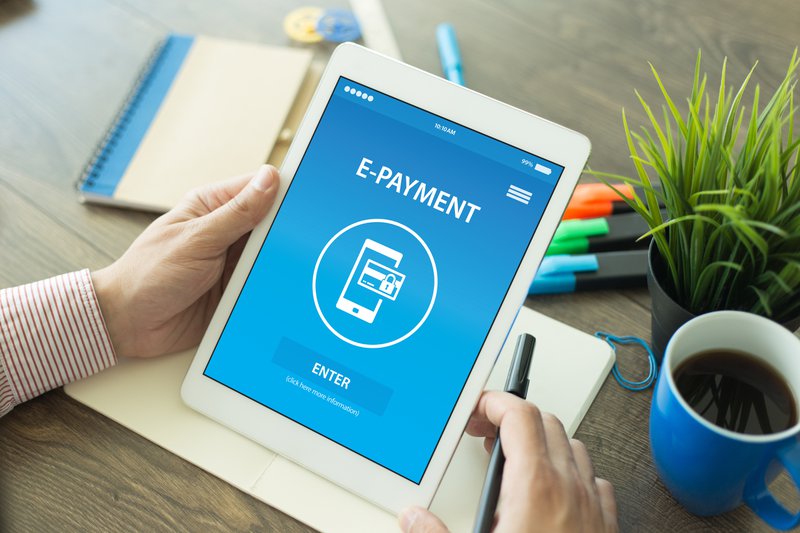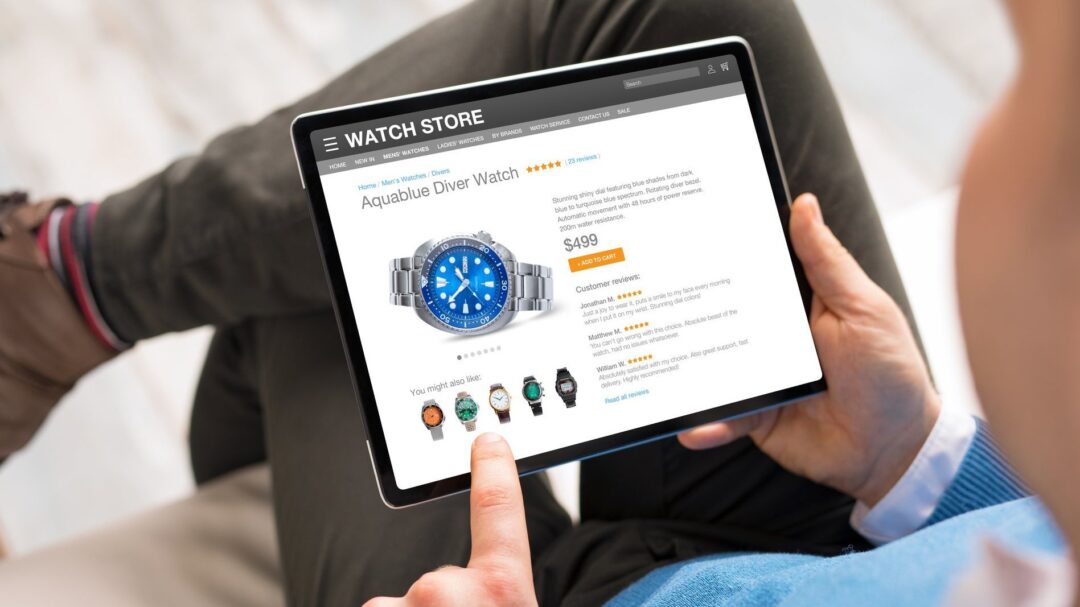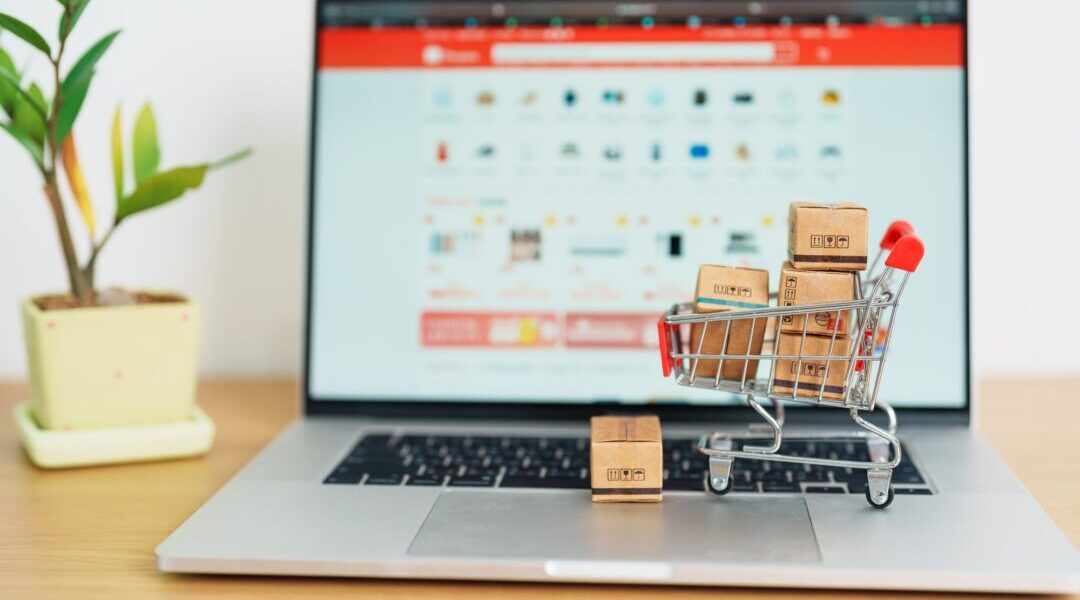Today’s online shoppers have a plethora of payment options at their disposal. Completing a transaction is quick and convenient, from virtual cards and mobile wallets to one-click transactions, QR codes, and credit cards. That’s largely because online retailers know one small glitch can send customers to competitors’ sites at the click of a button
Now, more B2B customers are buying online and demanding the same convenient payment processing service as B2C customers. This means B2B sellers must offer attractive digital purchase options to stay competitive.
B2B enterprises face unique challenges that make choosing the best payment methods difficult. Transaction costs, approval timelines, speed, convenience, security, compliance tracking, and complex contracts all influence the choice of B2B payment solutions.
In this guide, we dive into various online marketplace payment solutions to help you reduce outstanding invoices, expedite payment collections, minimize administrative costs, and easily service your customers.

Financing—Having Their Credit Line
Financing, or BNPL (buy now, pay later) is a short-term, interest-free financing solution that has been available in the B2C sector for some time. In the B2B marketplace, it is, however, still a fairly new concept. BNPL allows business buyers to spread the purchase cost or delay payment while still receiving their goods as scheduled. The seller does not take on any risk and still gets paid by the B2B BNPL provider immediately.
The online payment process happens as follows:
- The buyer adds the required products to their basket.
- At checkout, they choose 'Buy Now, Pay Later' as the payment method
- The buyer doesn’t pay anything at the final checkout
- The seller processes and ships the order
- The B2B BNPL provider pays the seller the full amount of the client's purchase (minus fees)
- The B2B BNPL provider proceeds to collect the full amount from the buyer at the specified intervals or chosen payment date
By offering B2B BNPL, you make it easy for businesses to purchase online when it’s best for them—without worrying about high-interest fees, trade credit applications, or cash flow.
You benefit by avoiding payment risks and reducing administrative burdens. You can even take advantage of product bundling to increase sales values and drive profits.
eCommerce Payment Gateway for B2B
Payment gateways are the most popular B2B online marketplace payment solutions. They make both one-time and subscription payments effortless.
Payment gateways rely on a third-party payment service to process transactions. These software solutions provide access to multiple payment service providers, including Paypal and various banks.
During checkout, the customer receives a link that directs them to a secure platform to process their payment. Some providers also allow you to embed the link in an electronic invoice.
Once payment is complete, the service provider exchanges the transaction information between the client and the merchant. Security standard compliance is a prerequisite for service providers to ensure all transactions and personal information remain safe.
All in all, payment gateway software streamlines the billing process and simplifies administration. Accounting software and CRMs such as Salesforce and Netsuite can integrate with payment gateways to further automate certain administrative tasks.
Payment gateways are popular because they are fast and convenient. Delays are minimal, which means faster order approval, shipping, and delivery. It is worth noting that their fees can be high, though.
It’s important also to note that an e-wallet (or digital wallet) is not the same as an eCommerce payment gateway. A digital wallet is like a virtual version of a physical wallet. You can only spend the money that’s in it. When funds run out, you’ll need to top them up before making further purchases. Buyers can use their digital wallets without needing authorization for each transaction. This speeds up the buying process while prompting buyers to stay within their budgets.
The Classics—Wire, Bank Transfer, Credit Cards
Although older methods such as wire transfers and credit card payments still make up many online marketplace payment solutions, they both have their drawbacks.
Credit card payments are highly convenient and reliable, but they come with a high price tag for the merchant. When you are processing a large number of transactions monthly, fees compound, and start digging into your profits. Another problem with credit card payments is their maximum transaction limit. This can make it especially difficult to process large amounts for B2B customers.
Wire transfers are a little more time-consuming for the customer and your administrative department. Still, they are reliable payment methods and easy to use once set up. However, they incur fees that vary significantly depending on intermediaries and whether payments are local or international.
There may even be fees for both the merchant and the customer. And sometimes local transfers between the same bank are entirely free. Transfers can clear immediately or take over a week to do so. This is problematic for urgent order processing scenarios. They carry a lot of little stipulations that can cost you big if you turn a blind eye.

Is Cash Still King?
Cash has long been king, but in a society where digital makes the world go round, it can hardly be classified as an online marketplace payment solution.
It has its benefits, sure. There are no fees involved, instant payments, and no interest. The overriding problem with cash as a method for B2B payment is the difficulty in tracking large purchase amounts and the administrative burden that comes with trying to do so. Large cash payments come with significant regulations and can’t be processed from anywhere at any time. Inconvenient and cumbersome things to avoid if you’re looking to optimize your business.
Maximize Online Selling Solutions for Your Business
Maintaining a steady cash flow is no easy feat. In today’s climate, businesses need better ways to collect payments quickly, efficiently, and affordably. B2B buyers expect flexible terms, financing, and various online marketplace payment solutions suited to their needs. Better online payment options make it easier for your clients to pay on time—improving customer satisfaction and loyalty.
If nothing else, the simple truth is that: transitioning from face-to-face and phone call order-taking to B2B eCommerce solutions is necessary for any business looking to stay relevant.
Granted, managing online inventory, price fluctuations, and consumer interactions can be overwhelming. Save yourself the trouble. Zobrist offers everything you need to leverage speed in your B2B digital marketplace.
Schedule a demo today to discover a smarter way of doing business and set yourself apart as a preferred B2B enterprise.




